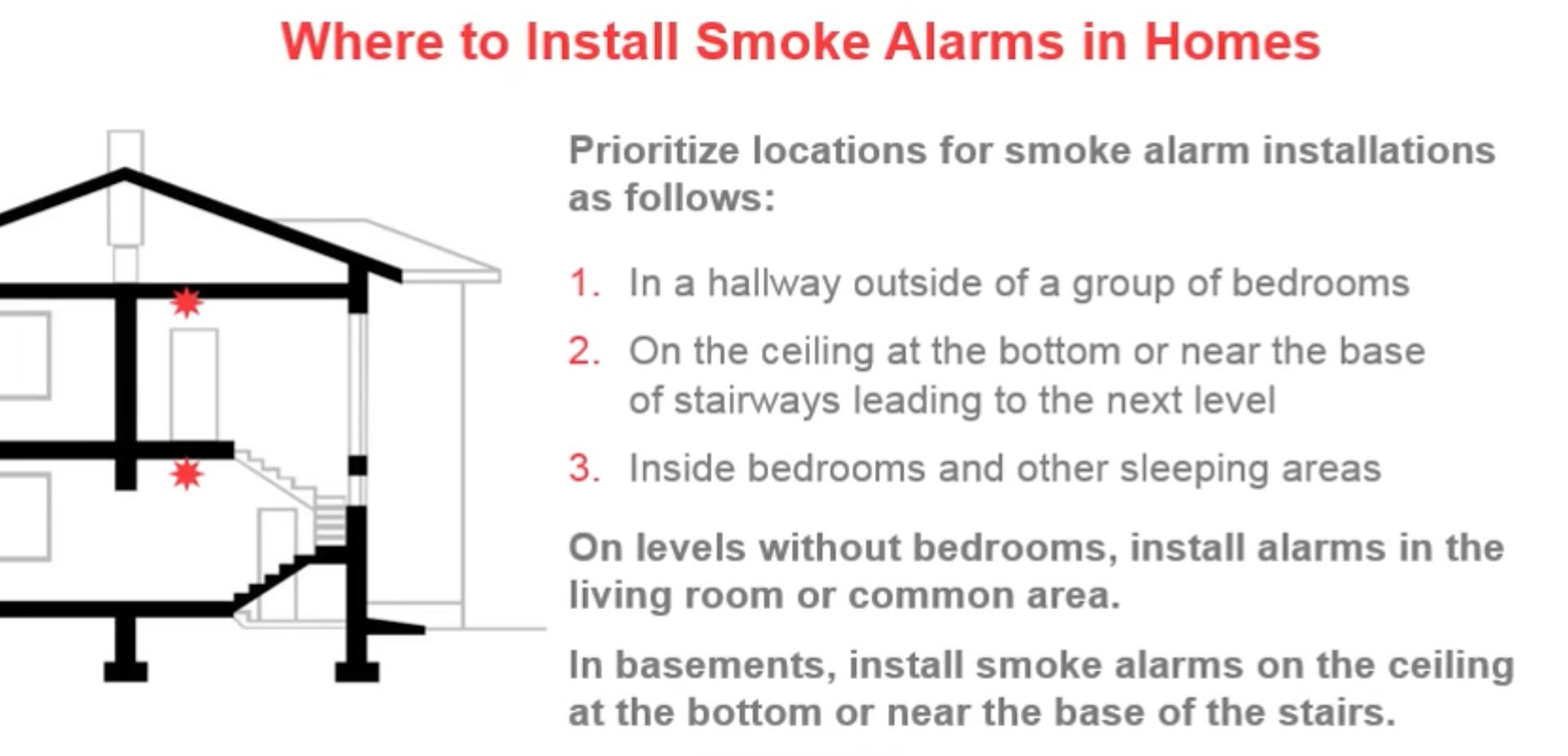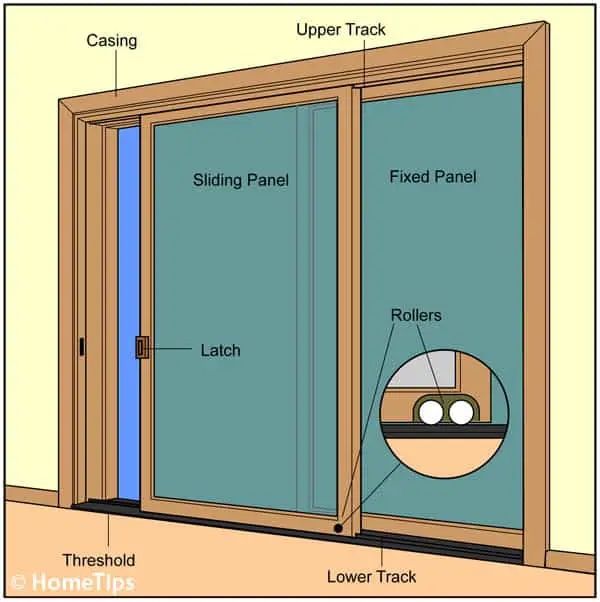What is the difference between a Service Animal and an Emotional Support Animal
Rental properties do not fall under Americans with Disabilities Act (ADA), they fall under the ...
Rental properties do not fall under Americans with Disabilities Act (ADA), they fall under the Fair Housing act.
Service animals are defined as dogs that are individually trained to do work or perform task for people with disabilities. Service animals are working animals, not pets. (Dogs whose sole function is to provide comfort or emotional support do not qualify as service animals under the ADA)
Emotional Support Animals (ESA) is a dog or other common domestic animal, that provides therapeutic support to a disabled or elderly owner through companionship, non-judgmental positive regard, affection, and a focus in life. Do you remember the turkey on the airplane in early 2016, how was that a common domestic animal?
ESA’s are not trained like a service dog and may have little training. They must be reasonably well behaved by pet standards. Toilet trained and has no bad habits that would disturb neighbors such is frequent or lengthy episodes of barking. Should not pose a danger to other tenants or to workmen.
You can ask two questions if it is not obvious what the animal does. (1) Is the dog a service animal required because of a disability, and (2) what work or task has the dog been trained to perform.
If a disability is not obvious, what kinds of information may a housing provider request from the person with a disability in support of a requested accommodation?
A housing provider may not ordinarily inquire as to the nature and severity of an
individual’s disability. However, in response to a request for a reasonable accommodation, a housing provider may request reliable disability-related information that (1) is necessary to verify that the person meets the Act’s definition of disability (i.e., has a physical or mental impairment that substantially limits one or more major life activities), (2) describes the needed accommodation, and (3) shows the relationship between the person’s disability and the need for the requested accommodation. Depending on the individual’s circumstances, information verifying that the person meets the Act’s definition of disability can usually be provided by the individual himself or herself (e.g., proof that an individual under 65 years of age receives Supplemental Security Income or Social Security Disability Insurance benefits or a credible statement by the individual). A doctor or other medical professional, a peer support group, a non-medical service agency, or a reliable third party who is in a position to know about the individual’s disability may also provide verification of a disability. In most cases, an individual’s medical records or detailed information about the nature of a person’s disability is not necessary for this inquiry.
Once a housing provider has established that a person meets the Act’s definition of disability, the provider’s request for documentation should seek only the information that is necessary to evaluate if the reasonable accommodation is needed because of a disability. Such information must be kept confidential and must not be shared with other persons unless they need the information to make or assess a decision to grant or deny a reasonable accommodation request or unless disclosure is required by law (e.g., a court-issued subpoena requiring disclosure).
In Hawaii you cannot take a deposit for a Service or ESA animal. This was enacted in 2013 with the Hawaii Senate Bill 328 (Act 206) Relating to Animals.
More information can be found at the link below.
REASONABLE ACCOMMODATIONS UNDER THE FAIR HOUSING ACT
http://www.hud.gov/offices/fheo/library/huddojstatement.pdf












